Efficient recovery of lithium from spent LiFePO4 batteries via air oxidation–water leaching at room temperature
Green Car Congress
JANUARY 18, 2022
The toxic electrolytes, binder, and other organic chemicals will result in serious environmental pollution if the spent batteries are not properly treated. As the most cheap and green oxidant, air may be suitable as the oxidant to selectively extract lithium from the LFP cathode material in the water leaching process. Hao Jin et al.


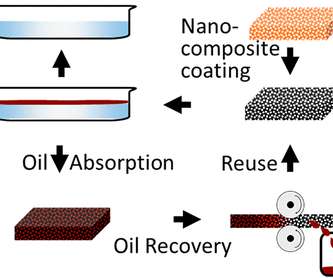







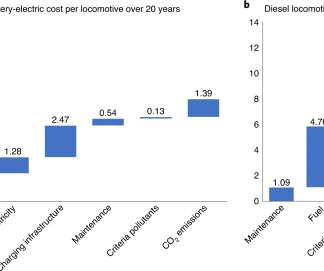
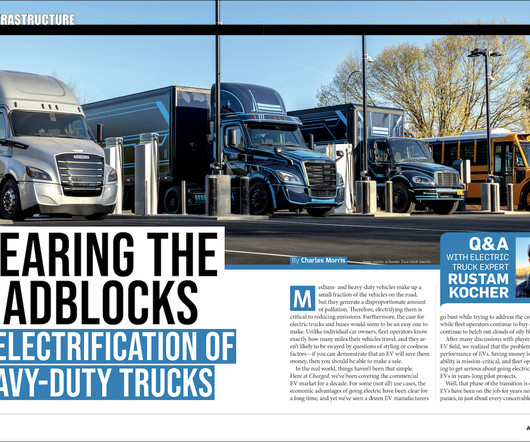
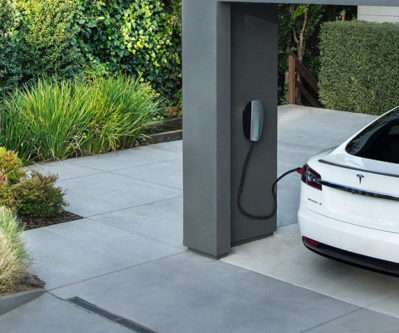
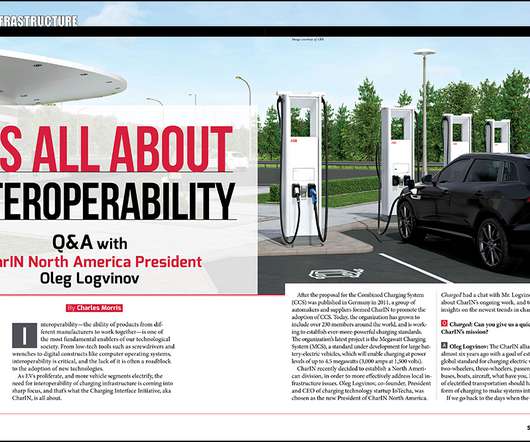
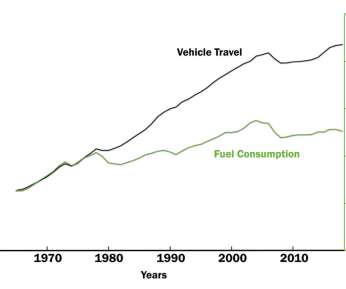










Let's personalize your content